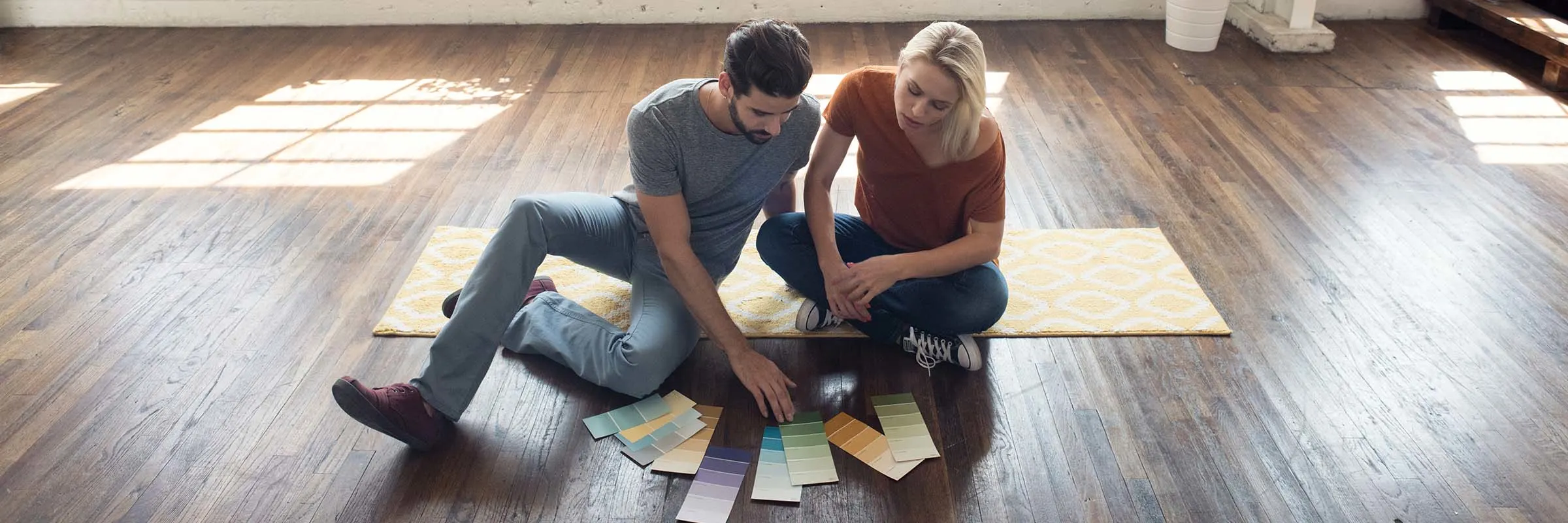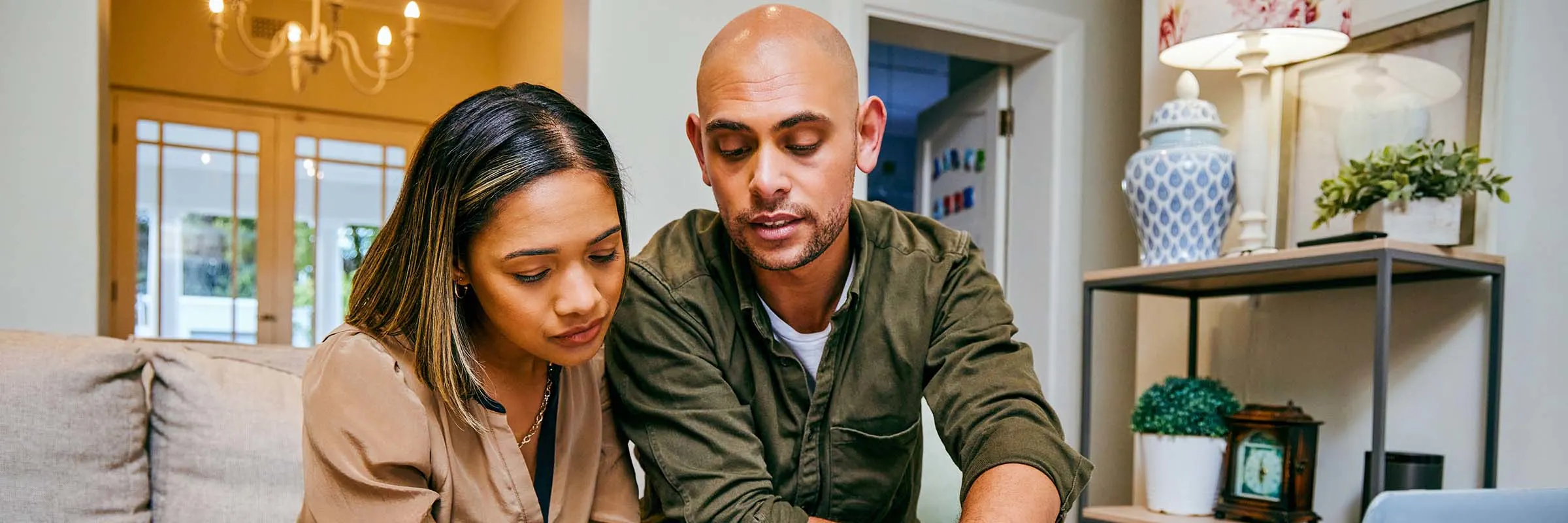What we'll cover
The costs of building and buying a house
Pros and cons of building a home
Benefits and drawbacks of buying
A home is likely one of the largest purchases you'll ever make, so it's important to make the best choice possible for you and your finances. Should you opt for an existing home or choose to build a brand-new home? A pre-loved home may offer character, charm and possibly a lower price, but building your own home from the ground up gives you a lot of opportunities for customization.
Is it cheaper to build or buy a house?
On average, building a new home costs $34,000 more than purchasing an existing home. But that doesn't mean buying is always cheaper than building.
When considering building a house, you have to factor in the cost of materials and labor. Prices of materials like lumber and steel can vary, so timing can impact your total cost. Similarly, the size and degree of customization you desire will influence price.
On average, building a new home costs $34,000 more than purchasing an existing home.
If you're interested in buying a home, cost considerations shift to things like home values along with supply and demand. Market competition and current interest rates will affect how much home you can afford and your mortgage payment.
Take quiz: Whether building or buying, find out which mortgage is right for you.
Building benefits and drawbacks
One of the biggest benefits of building is the ability to customize. From building with eco-friendly materials to making the home accessible for family members who may have disabilities, you can truly make the home your own.
On the other hand, customizations can add to a home's price tag. Don't forget to budget for features that may go beyond the home, such as landscaping or putting up a fence. Plus, building a home will typically take longer than is needed to move into an existing property.
Buying benefits and drawbacks
Purchasing an existing home comes with lots of options and flexibility. First, you can go with a move-in ready property. Or, you might go with a home that fits most of your needs but requires a little TLC. (For instance, updating the kitchen counters or giving the backyard a boost.) Finally, you could buy a home that needs some serious work — a.k.a. a fixer-upper.
If you choose a home that needs little to no work, buying existing property can be a less stressful option than building one. That's because you're only dealing with your real estate agent and your lender versus builders, suppliers, designers, contractors and more.
To build or buy?
At the end of the day, you want to love your space — and however you get there will depend on your budget, personal taste and preferences. To make your decision wisely, it's important to consider all aspects of both buying and building.


